Text and Photos by Henrylito D. Tacio
“The land of milk and honey” — that is how most Filipinos think of the United States of America (USA). For trivia buffs, the term “America” was coined in the early sixteenth century after Amerigo Vespucci, an Italian explorer, and cartographer.
Filipinos have been immigrating to the United States since 1906, the time when they were contracted to work in Hawaii’s sugar cane fields when it was still a US territory. Individual Filipinos, part of the extraordinary confluence of people that was California in the early 1800s, came even earlier than that.
In a paper, The Diversity of Filipinos in the United States, Daisy C. S. Catalan reported that Filipinos are among the largest Asian immigrant groups in the US. “They have settled in all the fifty states with the largest concentration in California, Hawaii, Illinois, and the New York/New Jersey areas,” she wrote. “There are other large communities in the state of Washington, the Midwest, and the eastern states in Pennsylvania and New England states.”
However, the most recent online Wikipedia encyclopedia entry on ‘Filipino Americans’ has this note: “In 2019, there were 4.2 million Filipinos, or Americans with Filipino ancestry, with large communities in California, Hawaii, Illinois, Texas, and the New York metropolitan area.”
Some people believe that the passage of the Immigration Act of 1965 played a significant role in Filipino immigration. “The Immigration Act of 1965 opened the doors for many Filipinos to migrate to the United States and make new lives for themselves, but it had also opened the doors for Filipinos to experience the true reality of life in America,” wrote one historian.
Yes, there are so many Filipinos now living in the US, including my two sisters and an aunt. I also know some friends who have opted to stay there forever. I am sure many more will be going there in the years to come.
But life in the US is not a bed of roses, so to speak. Allow me to share these thoughts shared by one Filipino – let’s call him Juan – who now lives in the US for good:
“Many people living in the Philippines think that if you live in the United States, you have lots of money. The truth is, you have lots of credits since you are using a credit card to purchase those things you need in life. You have to use credit cards so that you will have a credit history. You see, if you don’t give any money to anyone or have no credit line, no Americans will trust you. If you don’t have a credit card, it means that you don’t have the capacity to pay.
“They think you are rich because you have a car. The truth is, if you don’t buy a car in the US, you have to walk several kilometers under the heat of the sun or the coldness of the snow. There are no jeepneys or tricycles.
“They think our lives here in the US are very pleasant. The truth is, you have to work hard because if you don’t work, you have no money to pay for your car bills, credit cards, electricity, water, insurance, and house, among many others. You just can’t linger in the house of our neighbors since they are also very busy working to pay their own bills.
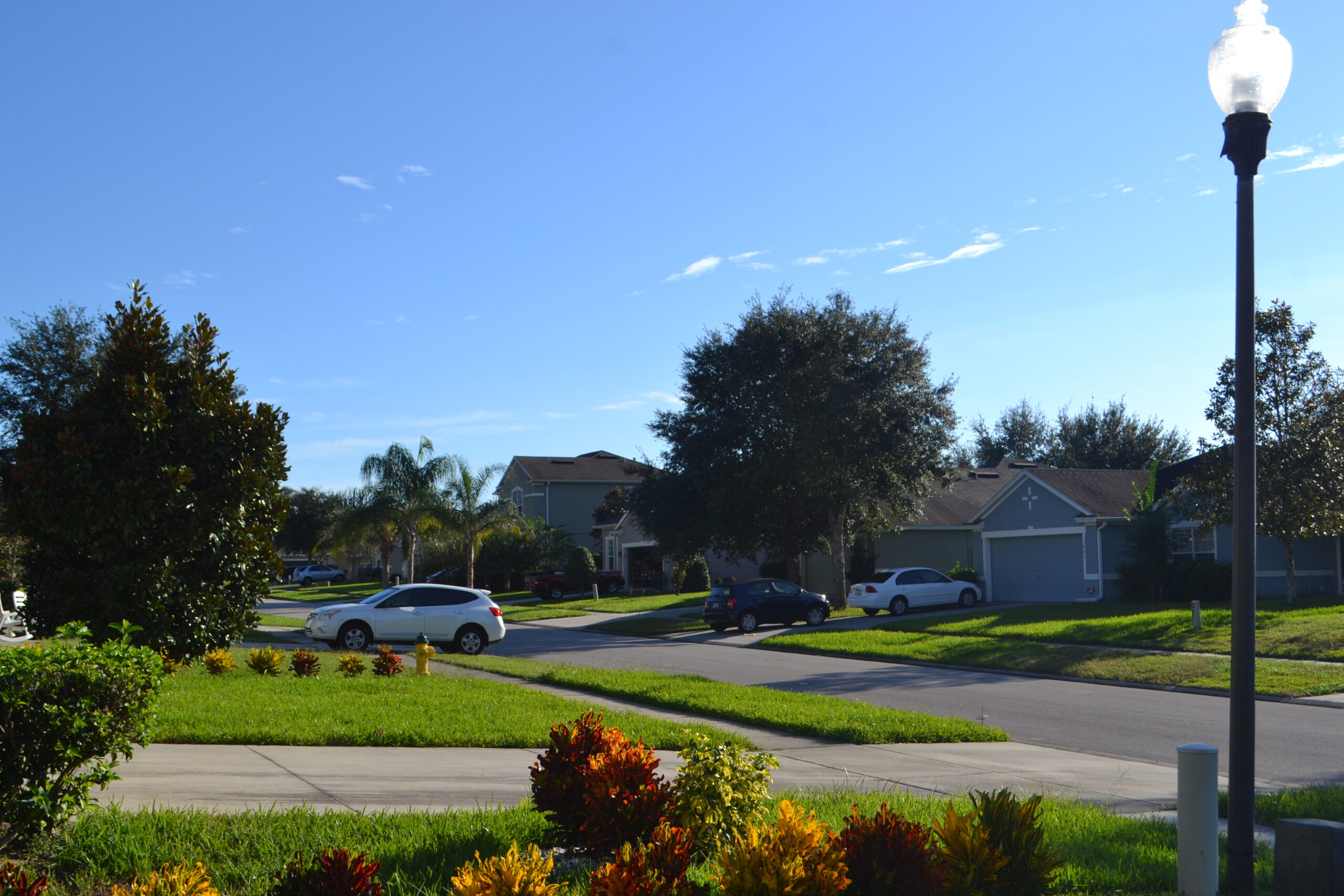

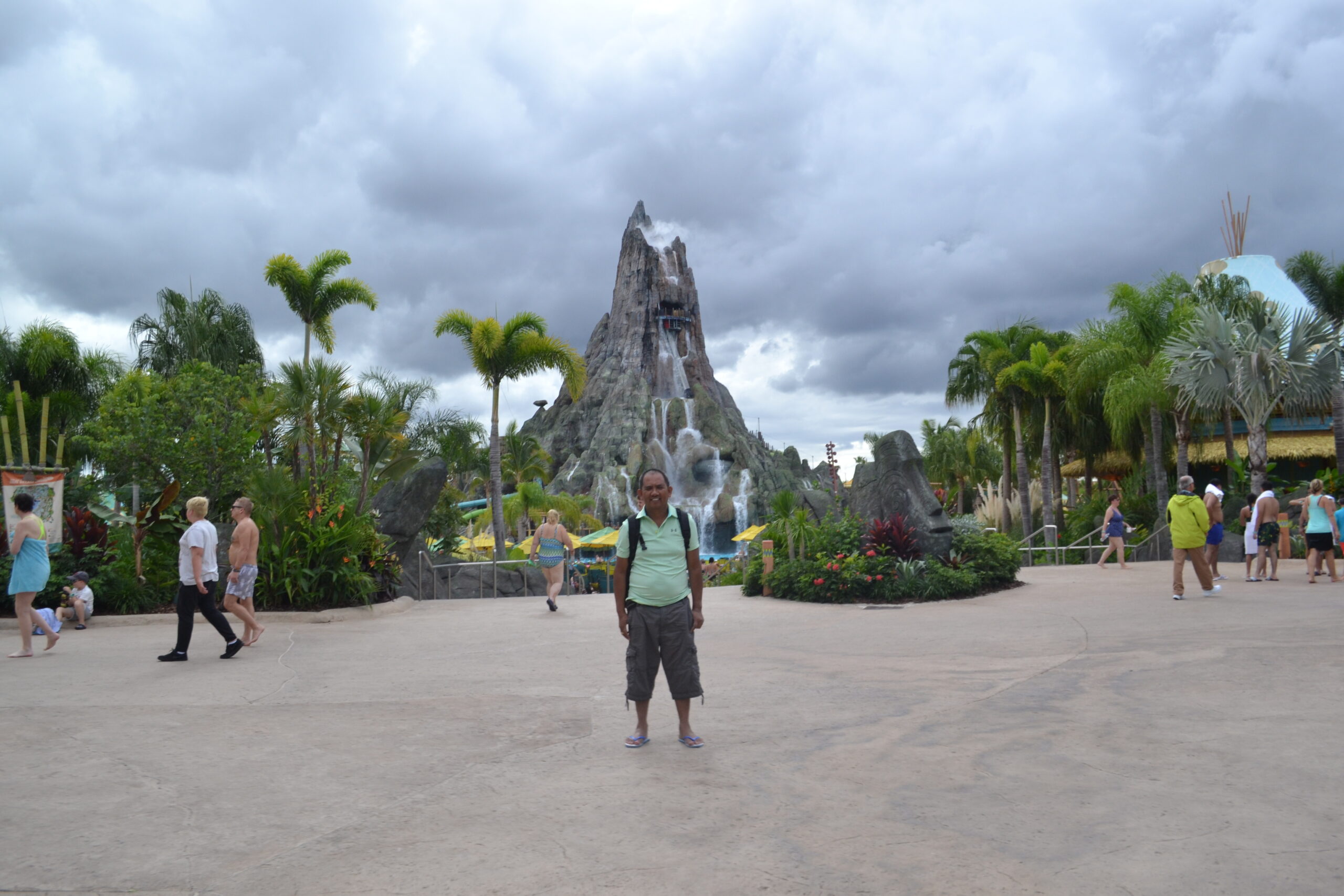
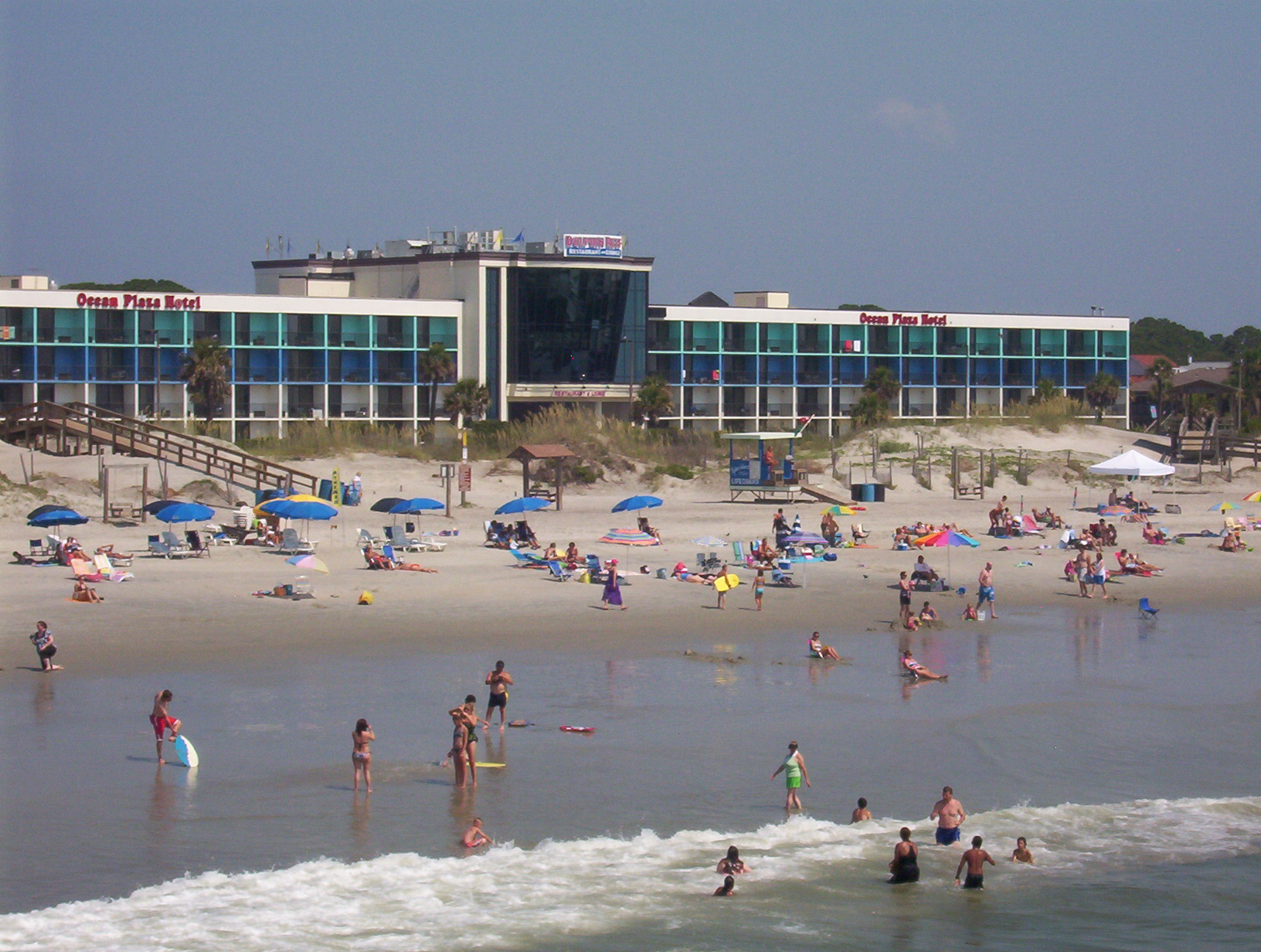
“They think you are happy because you send them pictures taken in Disneyland, Seaworld, King’s Island, Six Flags, Universal Studios, Volcano Bay, and many other attractions. The truth is, you have to smile since you have paid more than US$70 just to get there. The cost of the ticket is about 10-hour work.
“They think your salary is high because it is in dollars. The truth is, it’s higher if you change it to pesos, but you also spend dollars in the US. In other words, you may earn dollars, but you also spend dollars. The sardine that costs P20 in the Philippines is one dollar in the US. One pack of cigarettes in the Philippines is about P40, but it’s US$6.50 in the US. House rent in the Philippines is only P10,000, but in the US, it’s more than US$1,000. Go figure that out!
“They think you are a millionaire because you have a beautiful house and car. The truth is, you also owe millions of dollars. For your new car, you have to pay the company for five years. Your house has to be paid for 30 years. In simpler terms, you are a slave of your house and car.
“A lot of Filipinos want to go to the United States, especially nurses. It’s too hard to be a regular employee in the Philippines. You are always tired and the compensation is not that good. At the end of the month, your salary is just enough for your own food. But that happens also in other countries like the US. It doesn’t mean that if you earn dollars, you will become rich. You have to work hard in order for you to live in another country.”
I wondered if the thoughts above were true. So, I asked some friends who are now living in the US for their feedback.
“Yes, for the majority of Filipinos who immigrate to the US and are able to take jobs that pay only near the minimum of around $7 per hour, America indeed is not a ‘bed of roses,'” one friend wrote back. “Life for these people can be, to borrow the words of Thomas Hobbes, ‘short, nasty, and brutish.'”
However, for those who are working with white-collar jobs, it’s a different story. The friend explained, “For thousands of Filipino doctors and nurses who are here now, life in America can be a real ‘bed of roses.’ These are the kind of immigrants who routinely are able to achieve the ‘American Dream.’
Another friend told me: “AMERICA is not really a place but a STATE of mind. But I am certain you know that in your heart and I really do not hold that against you! The grass seems to be always greener at the other side of the fence. All we truly need is to learn to appreciate what we have.”
Now, here is the rebuttal of a Filipino working in California of Juan who complained about his condition in the US.
On credits, the Californian guy rebuffs: “The key here is to be wise with money. I use my credit card to pay for everything but I pay everything every time my bill comes in. That way, I have a good credit score and now I can get good rates for loans and other stuff. It makes sense that those with good credit scores get the better deals because it also shows that you are a responsible person. In the Philippines, it is very difficult to buy a car because assessors need to do some background check and even go to your house and assess your capacity to pay based on what he sees. Here in the US, they just look at your credit score and that’s enough to know if you can be trusted.”
On paying those different bills, the guy explained: “My question is: Are water and electricity in the Philippines free? Are houses free or if you are renting an apartment? You also have to work hard but the bad thing is even if you want to work there are no jobs available or if you work hard your salary is not enough to pay all those bills.”
On visiting those tourist attractions, the guy advised: “It’s a matter of choice. If you don’t have the money, don’t go. Anywhere in the world you go, you need to shell out a good amount from your pocket if you want to go to quality places. If you don’t have money, there are parks that are very clean and safe to hang out. It’s definitely worse in the Philippines. Even with a whole day’s salary, you cannot take you and your family to the Enchanted Kingdom. I know some of our kababayans earn within the low-income bracket and it’s true that they might have to work 10 hours for the Disneyland ticket but many Pinoys are also good earners.”
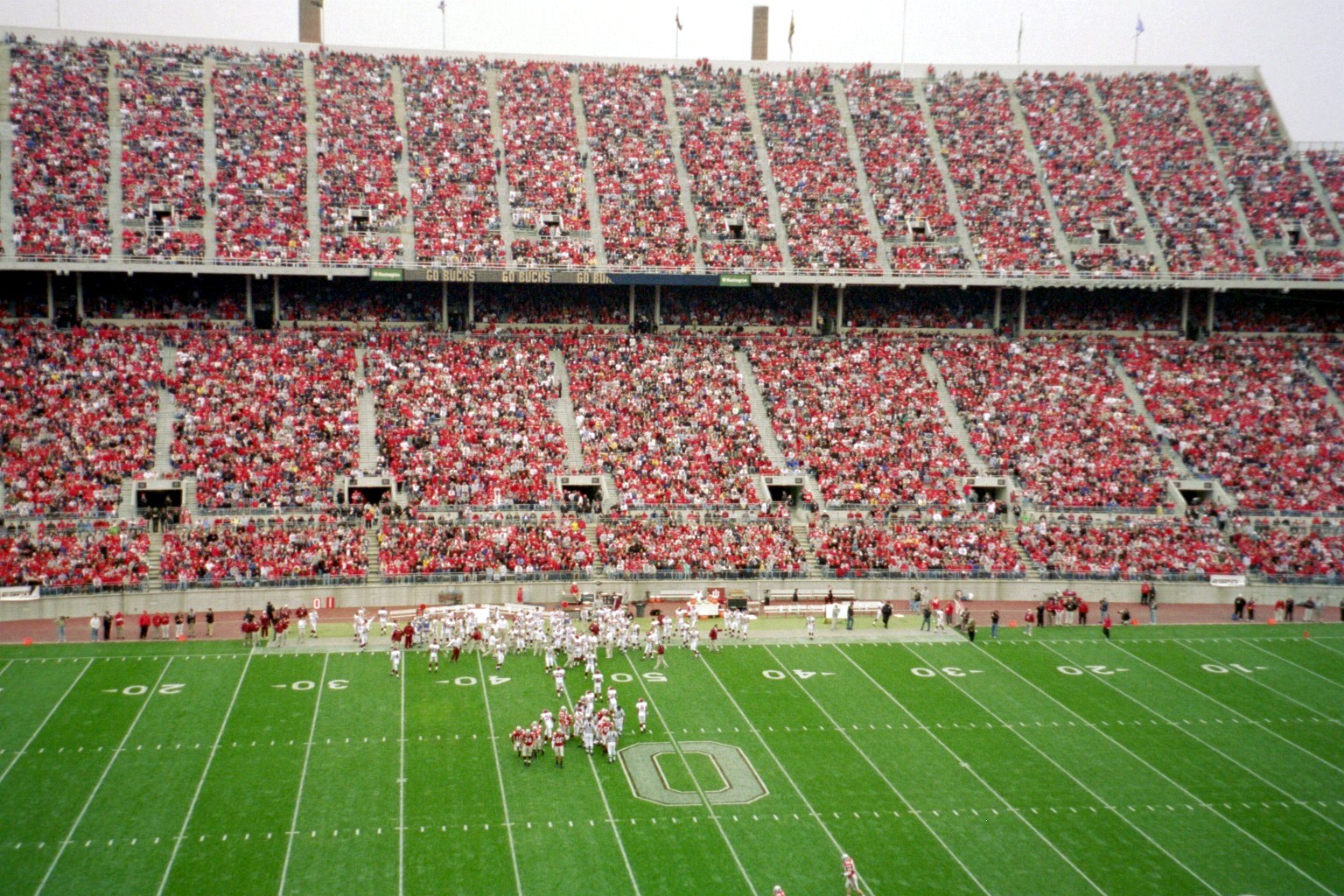
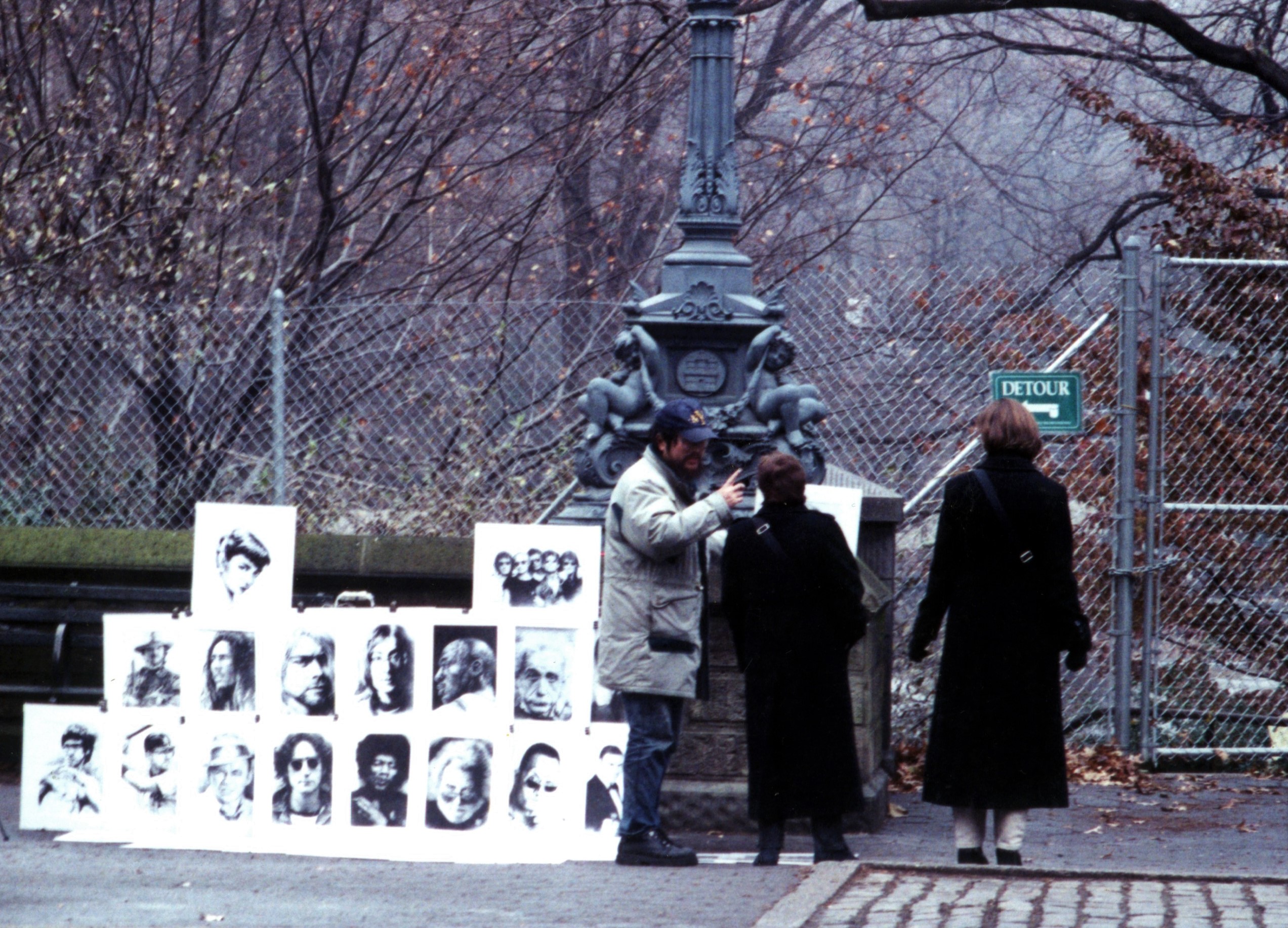
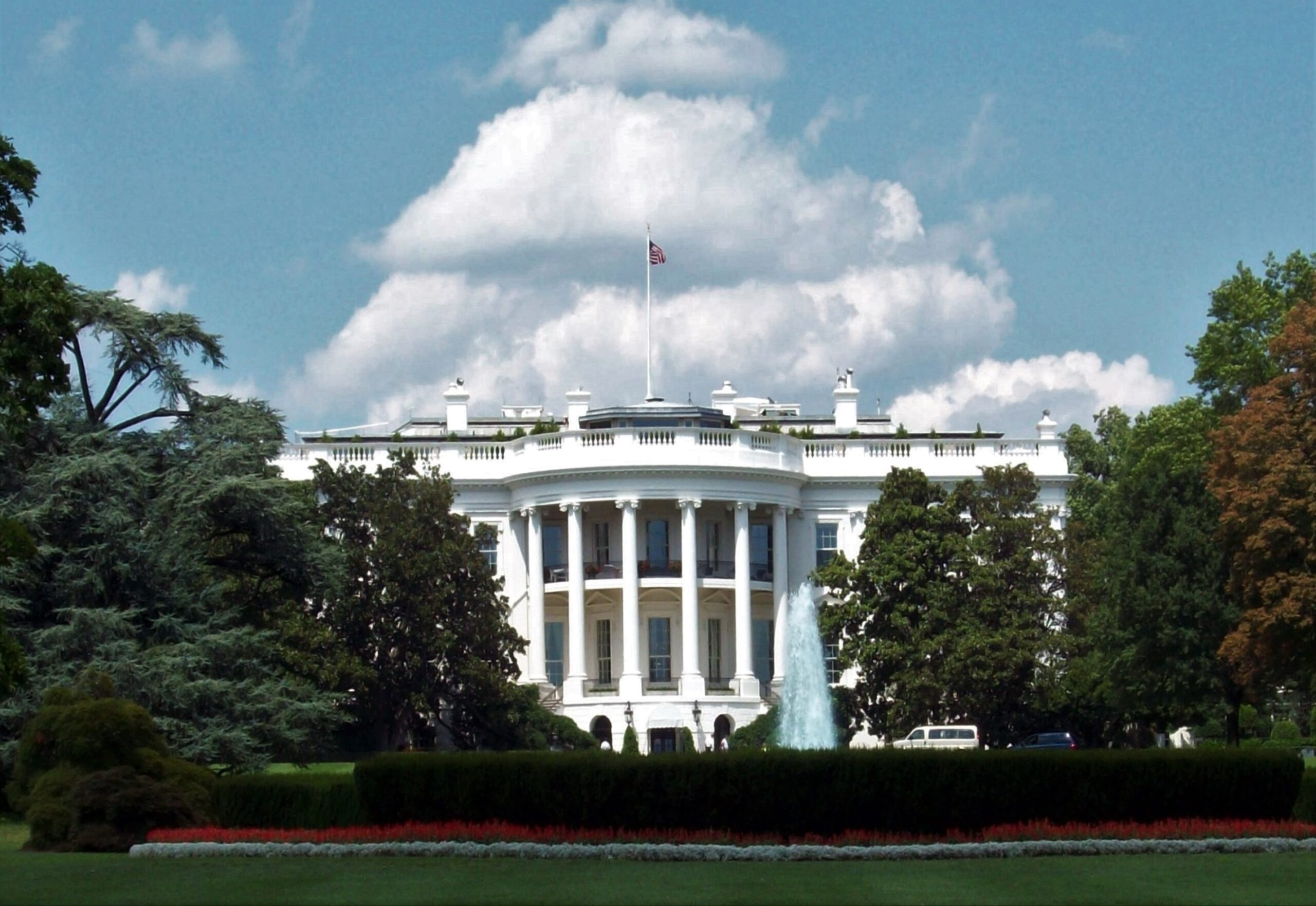
On renting houses, the Californian guy opined: “If you live in the countryside here in the US, rents are very cheap. Well, it’s a matter of choice again if you want to live close to the city, then you have to pay more. Just like in the Philippines, if you want to rent cheap, there are places where you can rent cheap houses or apartments. If you want to rent in Makati or Valle Verde, then you have to pay more. That’s just fair.”
The guy’s final words: “You have to work hard if you want to get the things you want. At this point in my life, I still would like to go back to the Philippines when I retire. Nothing can be as good as living in the Philippines. But it’s just wrong to complain about living in the US. Our family has the good fortune to make it here in the United States, and we never regretted coming here and love all the things that the US has to offer to those who work hard. No complaints at all.
“With that in mind, I might as well ask why he should waste his time here in the US if he keeps on complaining. Nobody’s stopping him from taking a one-way trip back to the Philippines. I’m not saying that life here is a bed of roses but it’s just plain wrong to make it appear that life here is no better as compared to the Philippines. I still prefer living in a country that gives you a lot of opportunities for personal growth. Here, what matters is what you know rather than who you know. I still prefer the country where most citizens respect traffic rules, where people don’t just slam the door behind them, where people are more polite and civil, and most importantly where people still trust that they will find justice when they are wronged.”
I rest my case, your honor!

